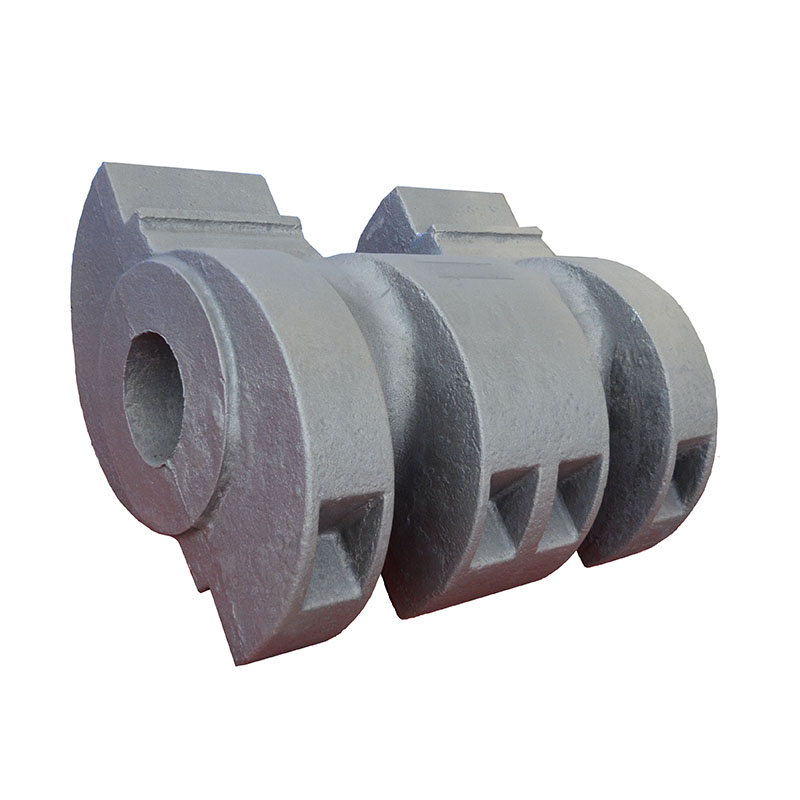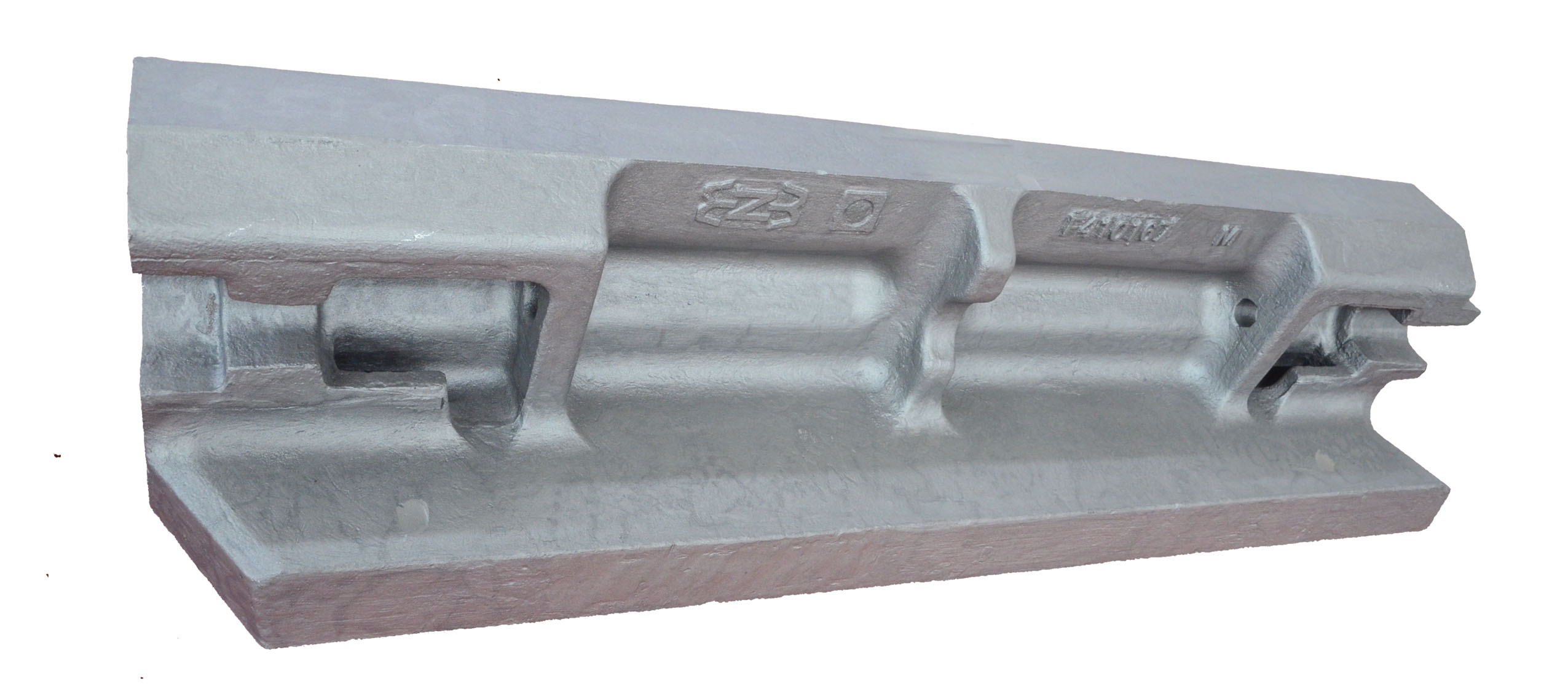- Afrikaans
- Albanian
- Amharic
- Arabic
- Armenian
- Azerbaijani
- Basque
- Belarusian
- Bengali
- Bosnian
- Bulgarian
- Catalan
- Cebuano
- China
- China (Taiwan)
- Corsican
- Croatian
- Czech
- Danish
- Dutch
- English
- Esperanto
- Estonian
- Finnish
- French
- Frisian
- Galician
- Georgian
- German
- Greek
- Gujarati
- Haitian Creole
- hausa
- hawaiian
- Hebrew
- Hindi
- Miao
- Hungarian
- Icelandic
- igbo
- Indonesian
- irish
- Italian
- Japanese
- Javanese
- Kannada
- kazakh
- Khmer
- Rwandese
- Korean
- Kurdish
- Kyrgyz
- Lao
- Latin
- Latvian
- Lithuanian
- Luxembourgish
- Macedonian
- Malgashi
- Malay
- Malayalam
- Maltese
- Maori
- Marathi
- Mongolian
- Myanmar
- Nepali
- Norwegian
- Norwegian
- Occitan
- Pashto
- Persian
- Polish
- Portuguese
- Punjabi
- Romanian
- Russian
- Samoan
- Scottish Gaelic
- Serbian
- Sesotho
- Shona
- Sindhi
- Sinhala
- Slovak
- Slovenian
- Somali
- Spanish
- Sundanese
- Swahili
- Swedish
- Tagalog
- Tajik
- Tamil
- Tatar
- Telugu
- Thai
- Turkish
- Turkmen
- Ukrainian
- Urdu
- Uighur
- Uzbek
- Vietnamese
- Welsh
- Bantu
- Yiddish
- Yoruba
- Zulu
Jul . 28, 2025 09:01 Back to list
High-Quality Cast Iron Water Main Pipe for Reliable Plumbing Solutions
Cast iron water main pipe and its derivatives—including cast drain pipe, cast iron heating pipes, ductile cast iron pipe fittings, and more—remain foundational materials in urban infrastructure, industrial piping, and mining operations. Leveraging our expertise, this guide explores the technological advancements, manufacturing processes, supplier comparison, application case studies, and emerging trends in the sector. We also integrate detailed insights on the Hammer Body for Mining Crusher, Made in Special Steel, Made in China and its synergy with advanced cast iron solutions.
Over the past decade, global demand for cast iron water main pipe has witnessed stable growth, fueled by large-scale water distribution upgrades, sewer system enhancements, and the increasing adoption of anti-corrosion and high-pressure pipe technologies. Advanced suppliers now offer both grey and ductile iron variants, with enhanced performance for municipal, industrial, and mining applications. According to the World Bank, the water infrastructure market is projected to grow at a CAGR of 4.2% until 2030.

- Municipal water distribution (primary use case for cast iron water main pipe)
- Sanitary sewer and stormwater management (cast iron pipe for sanitary sewer)
- Heavy-duty mining & industrial drainage (cast drain pipe; centrifugal casting pipe)
- Heating systems (cast iron heating pipes)
- Specialized process industries: chemicals, petrochemical, metallurgy (cast iron plumbing joints, ductile iron pipe fittings)
Certified manufacturers are increasingly adopting international standards like ISO 2531, EN 545, and ANSI/AWWA to ensure product reliability across regions.
Selecting the optimal cast iron water main pipe involves evaluating parameters such as tensile strength, wall thickness, corrosion resistance, lining/coating technology, and pressure class. Below is a synthesized product comparison of leading pipe types:
| Parameter | Grey Cast Iron | Ductile Cast Iron | Centrifugal Casting Pipe |
|---|---|---|---|
| Standard Size Range (DN) | 80-1200mm | 80-2600mm | 100-2000mm |
| Wall Thickness | 6-18mm | 6-25mm | 6-20mm |
| Tensile Strength | 150-250 MPa | 420-550 MPa | 350-500 MPa |
| Corrosion Resistance | Medium | High (with lining) | High |
| Coating/Lining | Bitumen, Coal Tar | Zinc, Bitumen, Epoxy | Epoxy, Cement, Zinc |
| Pressure Class (PN) | PN 10-16 bar | PN 10-40 bar | PN 10-25 bar |
| Estimated Service Life | 50-80 years | 80-100 years | 70-100 years |
Source: Industry Whitepapers & AWWA C150/C151, ISO 2531
With the continual improvements in manufacturing and lining technologies, cast iron water main pipe now boasts significantly higher pressure ratings, reduced wall thickness, and improved internal linings—resulting in both enhanced hydraulic efficiency and longer lifespan.

- Material Preparation: Selection of specification-grade pig iron and alloying elements to meet ductile/grey cast iron standards (per ISO 1083, ASTM A888).
- Melting: Induction melting furnaces reach 1,480–1,520°C, ensuring exact metallurgical properties.
- Centrifugal Casting / Sand Mold Casting: Cast iron water main pipe is formed via high-precision spinning molds, resulting in uniform wall thickness and dense microstructure. Alternative sand mold casting is used for large diameters or short runs.
- Heat Treatment: Pipes are normalized or annealed to achieve optimal ductility, especially for ductile iron variants.
- CNC Machining: Pipe ends are precision-machined for joints, and custom pipe fittings (see cast iron pipe fittings suppliers).
- Surface Lining & Coating: Interior lined with cement mortar, epoxy, or bitumen to resist corrosion per ISO 4179. Zinc/bitumen external coatings further extend service life.
- Quality Control & Inspection: Strict hydrostatic/air pressure, metallographic, ultrasonic, and dimensional tests (in accordance with ISO/EN/ANSI standards).
- Packing & Logistics: Pipes are bundled/palletized with end caps for transport (export packaging per customer specification).

Key Advantages: Advanced casting routes (centrifugal casting), computerized quality checks, and integrative linings not only guarantee mechanical robustness but also superior resistance against chemical and microbial corrosion—ensuring reliability in water, sewage, and even abrasive mining environments.
- ISO 2531 & EN 545/598 for potable and sewer water systems
- ANSI/AWWA C151/C150 for ductile iron pipe and fittings
- Internal lining per EN 10298 for cement-mortar lined pipes
- Exterior coatings per ISO 8179/4179
| Company | Main Product Range | Certifications | Custom Service | Lead Time | Major Clients |
|---|---|---|---|---|---|
| CASITING (China) | Cast Iron Water Main Pipe, Cast Iron Fittings, Ductile Iron Joints |
ISO 9001, ISO 2531, EN 545 | OEM/ODM, Custom Alloys, CNC | 15-30 days | Sinopec, Veolia, CRRC |
| Saint-Gobain PAM | Ductile Cast Iron Pipes, Pipe Fittings, Centrifugal Casting Pipe |
ISO 9001, ISO 14001 | Wide Range, Custom Coatings | 25-60 days | Lyon Metro, Thames Water |
| US Pipe | Ductile Iron Pipe, Fittings, Joints |
AWWA, NSF/ANSI | Regional Adaption, Lining Options | 14-40 days | Coca-Cola, LA Water |
| Electrosteel Steels (India) | Ductile Iron Pipes, Plumbing Joints, Heating Pipes |
ISO 2531, BIS | Custom Pressure Class | 20-45 days | Indian Railways, NTPC |
*Across leading cast iron pipe fittings suppliers, strict compliance with ISO/AWWA/EN standards is the baseline for international projects, with customization/lead time as differentiators.
Application: Mining, Ore Reduction, Crushing Plants
Material: High-alloy steel with superior wear-resistant, Mn/Cr-toughened, produced via precision sand casting & CNC machining
Thanks to its advanced metallurgy and CNC finishing, the Hammer Body for Mining Crusher outperforms regular Mn steel hammers in hardness, service life, and tensile strength. Such performance makes it a benchmark for high-throughput mining and quarrying operations requiring minimal downtime.
Key Technical Data:
Size: Customizable (900mm-1600mm), Hardness: 298-328 HB, Impact Strength: ≥120 J/cm2, Corrosion Resistance: High (Salt Spray Test >1,200h), Tolerance: ±0.15mm
Specified ductile iron pipe fittings and cast iron plumbing joints for a 14km water main renewal. Result: 50% reduction in unplanned leakage, estimated lifecycle savings >€8M.
Deployed centrifugal casting pipe and Hammer Body for Mining Crusher. Achieved 220% increase in hammer service life, minimized waterline abrasion owing to high-density cast iron lining.
Integrated cast iron heating pipes and cast iron drain pipes for sale in a cogeneration system. Enhanced thermal retention efficiency; reduced piping heat loss by 18% compared to prior steel solutions.
Customization: All cast iron water main pipe and related fittings can be tailored for diameter, lining/coating, joint type (mechanical, push-fit, flange), marking/traceability, and export packaging—enabling precise fit to project needs.
- Typical Lead Time: 14–35 days based on diameter/volume; express production for emergency replacements on request.
- Quality Guarantee: 10–20 years product warranty; lifetime engineering support available.
- Technical Support: On-site supervision, BIM/3D design interface, lifecycle maintenance recommendations.
- Global References: Over 300 major water, mining, and heat supply projects supplied since 2006.
- Standards Compliance: Full ISO/EN/ANSI certificates, with material traceability and mill test reports.
Cast iron water main pipe—reinforced by innovations in ductile iron technology, advanced linings, and digital manufacturing—continues to set the gold standard in water infrastructure and heavy-duty industry. By choosing ISO/EN-compliant, custom-engineered products from authoritative suppliers, end users secure decades of maintenance-free service, reduced total cost of ownership, and robust protection against the harshest operating conditions.
Certified by industry forums and referenced in leading journals (such as AWWA Journal, Water Research, and Ductile Iron Pipe Research Association publications[2]), cast iron solutions offer unmatched value in reliability, safety, and sustainability.
-
8mm Thin-Walled Cast Steel Manhole Cover Pallet Bottom Ring | Durable
NewsAug.04,2025
-
Premium Cast Iron Water Main Pipe: Durable, Corrosion-Resistant
NewsAug.03,2025
-
Durable Cast Iron Water Mains | AI-Optimized Systems
NewsAug.02,2025
-
High-Efficiency Propane Boiler for Baseboard Heat | Save Energy
NewsAug.01,2025
-
Premium Source Suppliers for Various Gray Iron Castings
NewsJul.31,2025
-
Durable Cast Iron Water Main Pipes | Long-Lasting
NewsJul.31,2025


